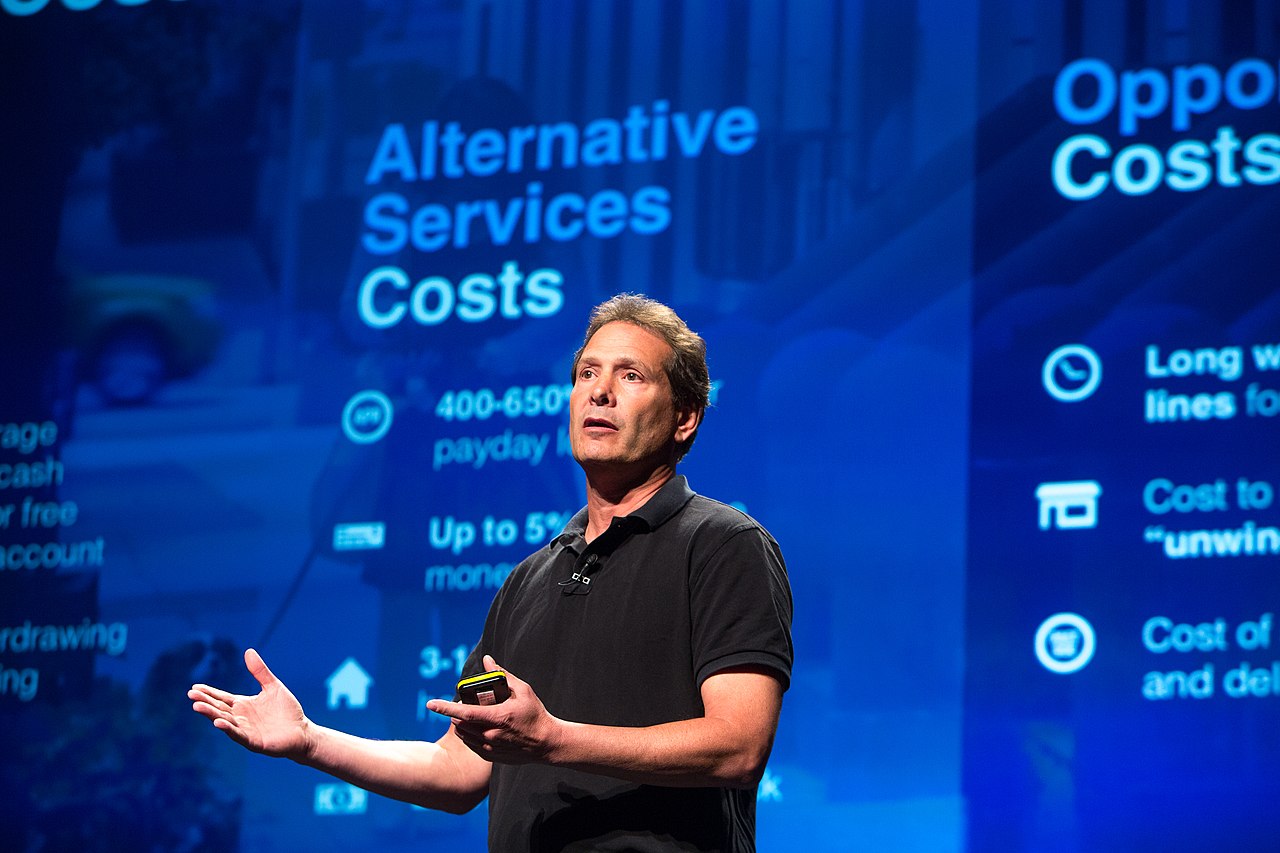 APPS
APPS
 APPS
APPS
 APPS
APPS
PayPal Holdings Inc. announced today that President and Chief Executive Officer Dan Schulman will retire at the end of 2023, while also reporting better-than-expected earnings in the fourth quarter.
Schulman (pictured) joined PayPal in September 2014, the same time then-owner eBay Inc. announced that it would split PayPal off into a separate company. The transaction was completed in April 2015. Schulman, who turned 65 in January, said he will work with PayPal’s board to ensure a smooth leadership transition and will continue to serve on the board after retiring.
“I’m proud of what we have accomplished at PayPal and of the incredibly talented and committed people I work with every day,” Schulman said in a statement. “Together, we have reimagined financial services and e-commerce and worked to improve the financial health of our customers.”
During Schulman’s time leading PayPal, the company saw its revenue grow from $9.2 billion in 2015 to $27.5 billion in 2022, with total active accounts more than doubling to over 430 million in 200 markets. Total payment volume grew from $288 billion to $1.36 billion over the same period.
For the quarter that ended Dec. 31, PayPal reported earnings before costs such as stock compensation of $1.24 a share, up 12% from the fourth quarter of 2021, on revenue of $7.38 billion, up 9% year-over-year. Analysts had expected earnings of $1.20 a share on revenue of $7.39 billion.
Operating income in the quarter rose 12% year-over-year, to $1.7 billion, driven by total payment volume rising 9%, to $357.4 billion. PayPal processed 6 billion transactions in the quarter, up 13%, with an average of 51.4 payments transactions per active account, also up 13%.
For the first quarter of 2023, PayPal expects adjusted earnings of $1.08 to $1.10 a share and revenue growth of 7%. For the full year, the company expects about $4.13 a share in earnings but did not give a revenue outlook.
Reuters reported that in its earnings call, Acting Chief Financial Officer Gabrielle Rabinovitch explained that PayPal is committed to lowering expenses amid a backdrop of its key e-commerce segment slowing down. “The rate of e-commerce growth in our core markets has decelerated,” Rabinovitch said. “Inflationary pressures have affected discretionary consumer spending and post-COVID spending patterns are still evolving.”
Support our mission to keep content open and free by engaging with theCUBE community. Join theCUBE’s Alumni Trust Network, where technology leaders connect, share intelligence and create opportunities.
Founded by tech visionaries John Furrier and Dave Vellante, SiliconANGLE Media has built a dynamic ecosystem of industry-leading digital media brands that reach 15+ million elite tech professionals. Our new proprietary theCUBE AI Video Cloud is breaking ground in audience interaction, leveraging theCUBEai.com neural network to help technology companies make data-driven decisions and stay at the forefront of industry conversations.